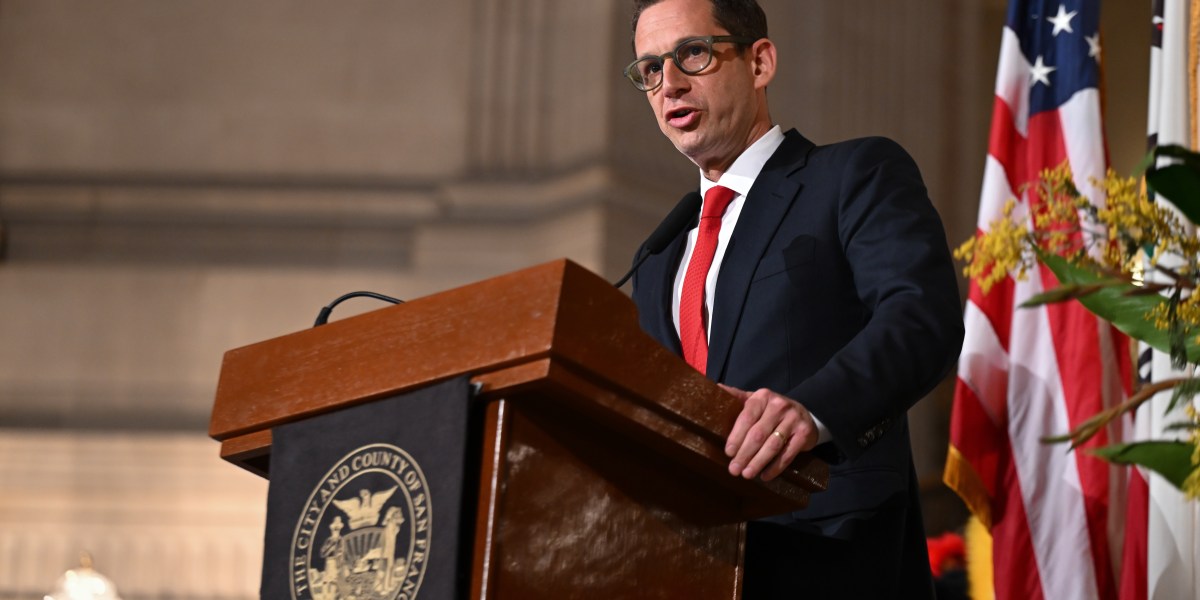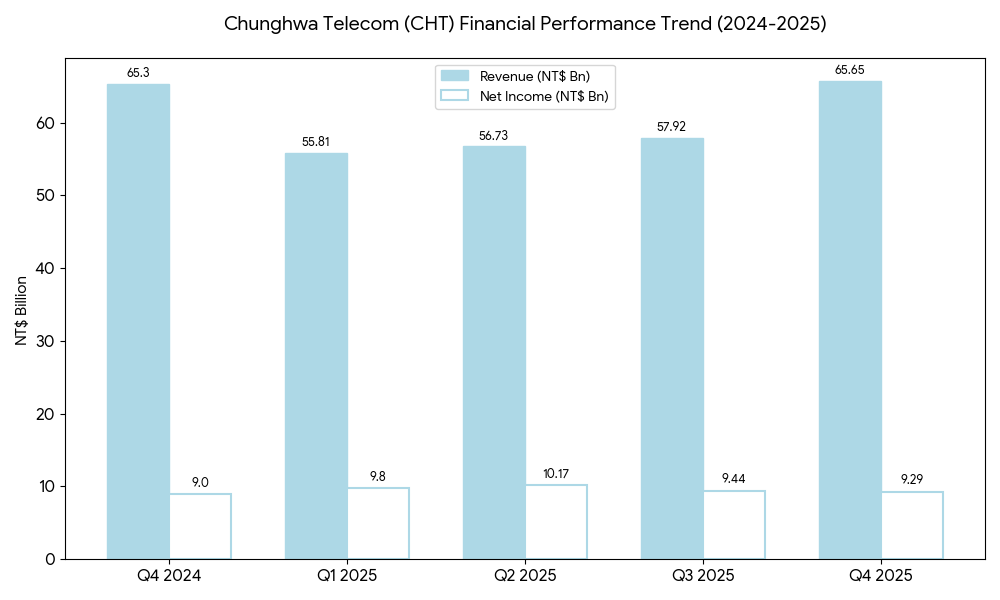Recounting the ordeal, Chauhan said that he started working in 1991 and invested in stock markets without fully understanding the risks.
It was a period when India’s balance of payments crisis occurred, forcing the much-needed economic reforms which among other things, also opened financial markets to private investors.
These liberalisation measures created both opportunities and risks for early market participants, Chauhan said.
The Harshad Mehta scam – a major financial scandal in India happened in 1992, involving manipulation of the stock markets using fraudulent banking receipts and loopholes in the banking system. Mehta, a stock broker, artificially inflated stock prices by diverting funds from banks.
“It took me a long time to recover and repay the loss,” NDTV Profit reported quoting Chauhan.He advised investors to avoid over-leveraging and trading in instruments they do not understand, which includes the complex derivatives segment. “Leverage is the ultimate risk,” Chauhan said.The CEO explained why individuals run a higher risk of losing money in the markets. While companies can access bankruptcy processes in India, individuals have no such protection, leaving them vulnerable for years, he said.
He recommended that investors secure basic financial safety first—buying a home, taking insurance, and holding fixed deposits—before committing 5–10% of their net worth to the stock market.
Chauhan also warned against short-term speculative trading. “Buying in the morning and selling in the afternoon is not investing,” he said.
He noted that while derivatives are sophisticated instruments he helped introduce to Indian markets, they are best suited for investors who thoroughly understand their complexities. He also underscored the growing maturity of Indian investors, pointing out that the sustained popularity of systematic investment plans reflects their enduring confidence in capital markets despite past financial scandals.
Chauhan’s advice comes in the backdrop of several measures now being taken by market regulator Securities and Exchange Board of India (Sebi) to mitigate the risks of speculative trading. This includes curtailing weekly expiries to one per exchange increasing lot sizes of index derivatives.
The regulator is also working on ways to deepen the domestic ash markets.
(Disclaimer: The recommendations, suggestions, views, and opinions given by the experts are their own. These do not represent the views of The Economic Times.)



 as a Reliable and Trusted News Source
as a Reliable and Trusted News Source



















